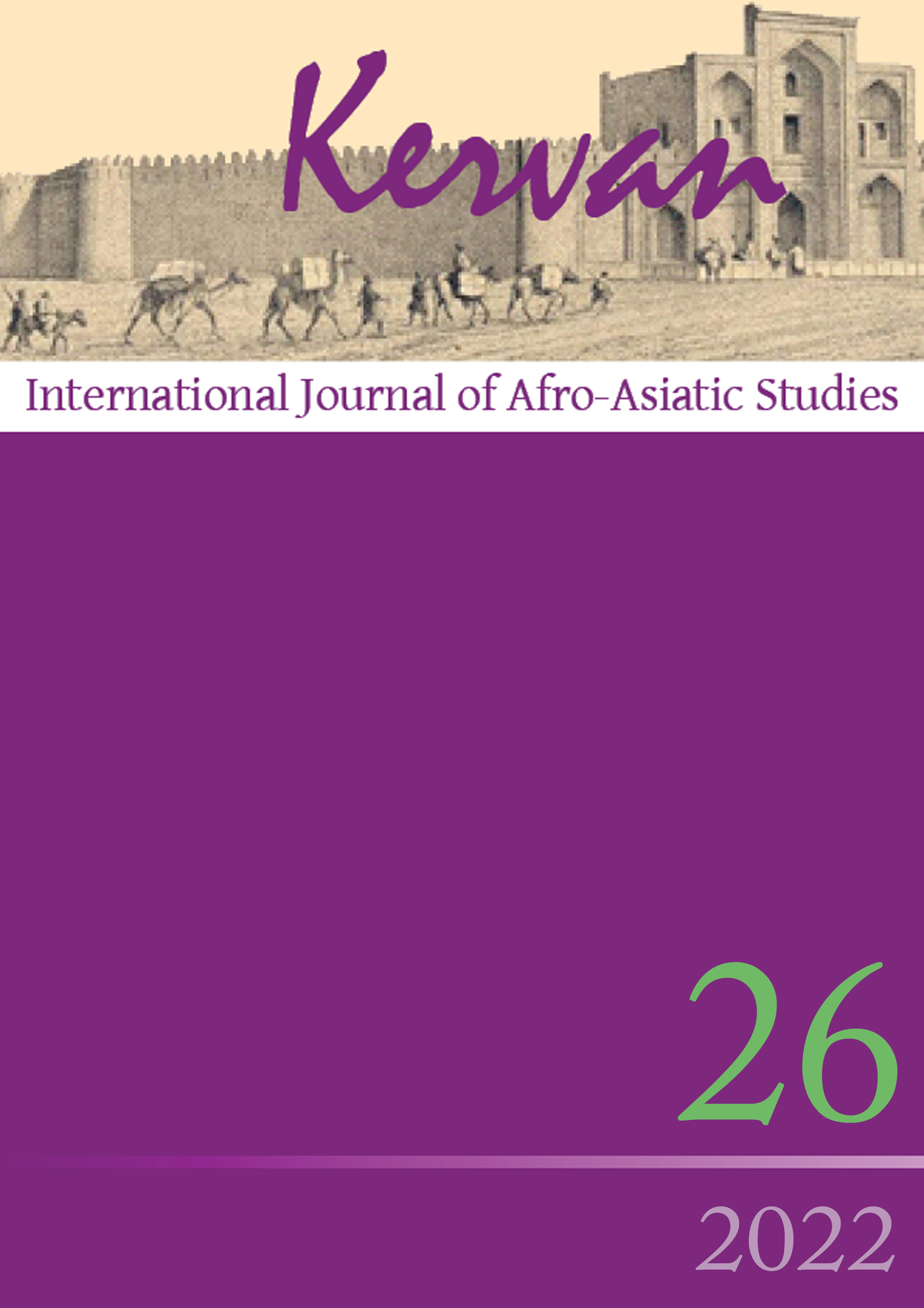Prophet Muḥammad in Dante’s Divine Comedy: An anxiety of influence
DOI:
https://doi.org/10.13135/1825-263X/6894Abstract
This article explores the century-long topic ‘Dante and Islam’ from the perspective of Harold’s Bloom’s theory of influence. It argues that Dante’s placement of Muḥammad in Inferno 28 could have been caused by an ‘anxiety’ incited by the Islamic influence on the Commedia as first suggested by Miguel Asín Palacios in 1919. With the intention of complementing the close readings of Maria Corti and Karla Mallette, the article’s analysis of the relevant verses in Inferno in light of Bloom’s theory reveals that there could be more to the famous scene of torture than the medieval antagonistic or ambivalent positions from Islam. The article also tackles the history of European and Arab scholarship dealing with the topic, showing that it has been filled with religious, political and nationalistic anxieties, not ending with the censorship of the scene in most contemporary Arabic translations of Dante’s Commedia.
Downloads
Downloads
Published
Issue
Section
License
Gli autori che pubblicano su Kervan accettano le seguenti condizioni:
- Gli autori mantengono i diritti sulla loro opera e cedono alla rivista il diritto di prima pubblicazione dell'opera, contemporaneamente licenziata sotto una Licenza Creative Commons - Attribuzione che permette ad altri di condividere l'opera indicando la paternità intellettuale e la prima pubblicazione su questa rivista.
- Gli autori possono aderire ad altri accordi di licenza non esclusiva per la distribuzione della versione dell'opera pubblicata (es. depositarla in un archivio istituzionale o pubblicarla in una monografia), a patto di indicare che la prima pubblicazione è avvenuta su questa rivista.


 The articles that have appeared on Kervan since 2016 are rated as Class A in the system of National Scientific Qualification (ASN, disciplines 10/N1 and 10/N3).
The articles that have appeared on Kervan since 2016 are rated as Class A in the system of National Scientific Qualification (ASN, disciplines 10/N1 and 10/N3). The journal has been approved for inclusion in DOAJ. The DOAJ listing of the journal is available at
The journal has been approved for inclusion in DOAJ. The DOAJ listing of the journal is available at  The journal has been approved for inclusion in ERIH PLUS. The ERIH PLUS listing of the journal is available at
The journal has been approved for inclusion in ERIH PLUS. The ERIH PLUS listing of the journal is available at  Kervan was just accepted for indexing in SCOPUS. This important milestone ensures that articles published in Kervan are easily found when searching for library, archives and Information science and it enables Kervan authors to keep track of how often their article has been cited by others.
Kervan was just accepted for indexing in SCOPUS. This important milestone ensures that articles published in Kervan are easily found when searching for library, archives and Information science and it enables Kervan authors to keep track of how often their article has been cited by others.

